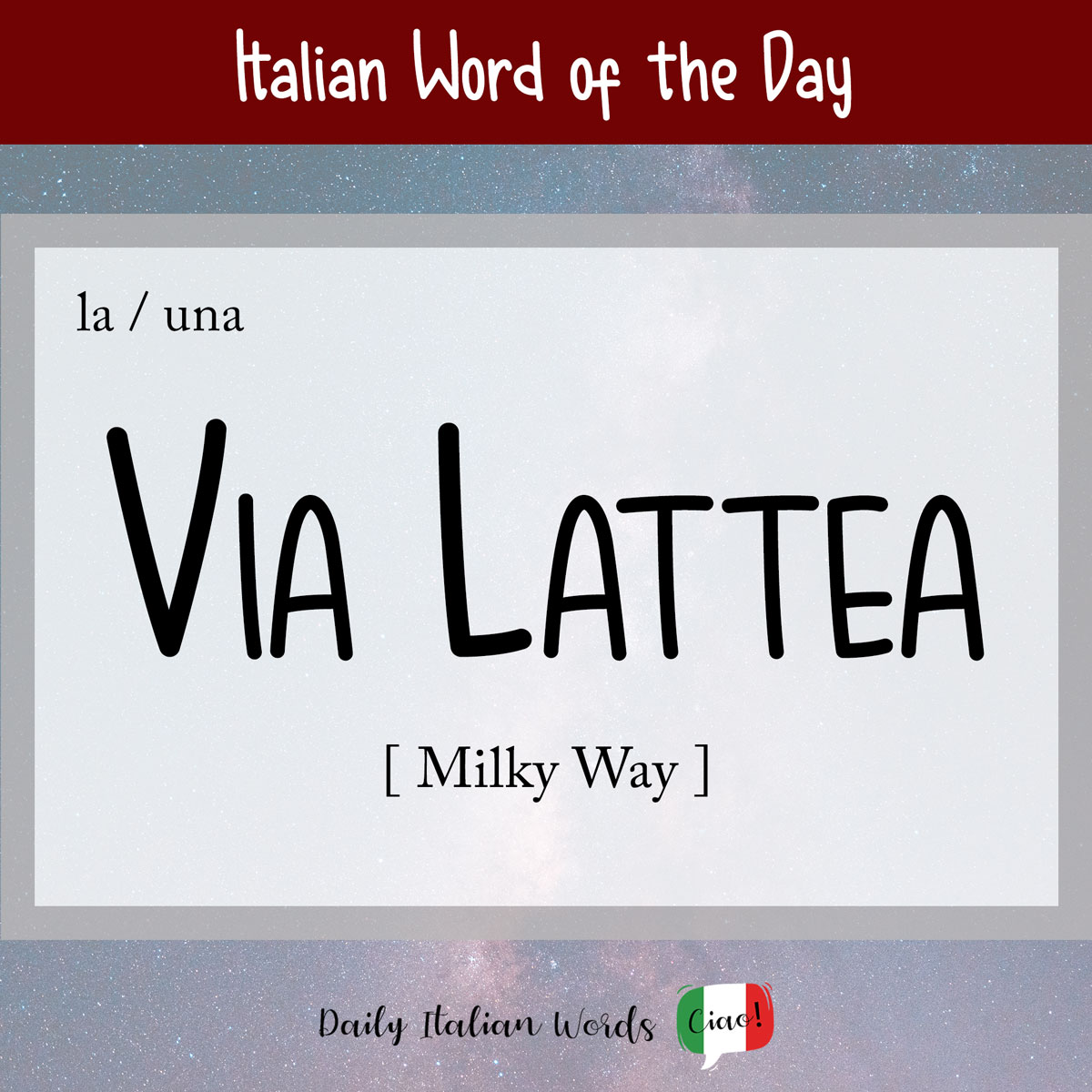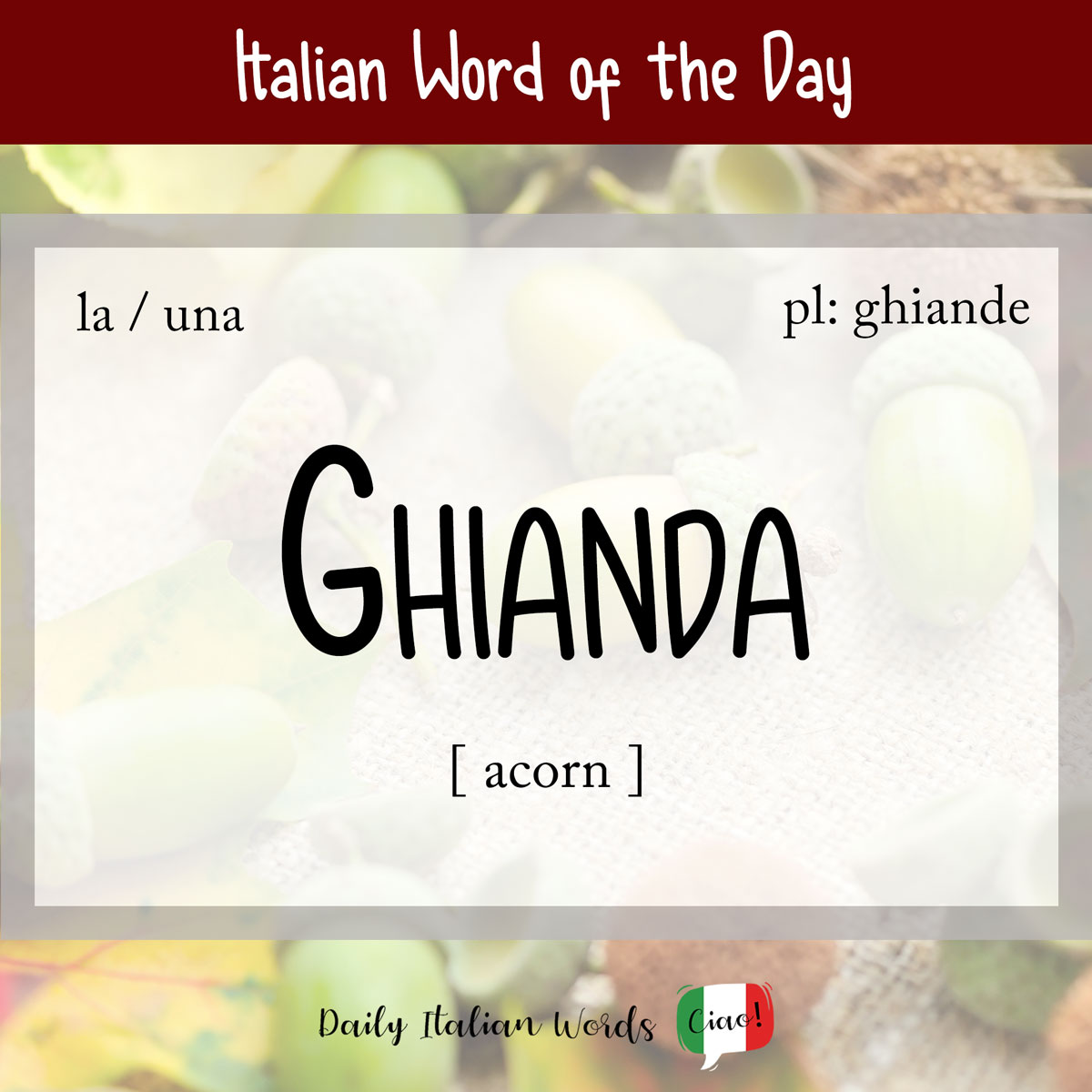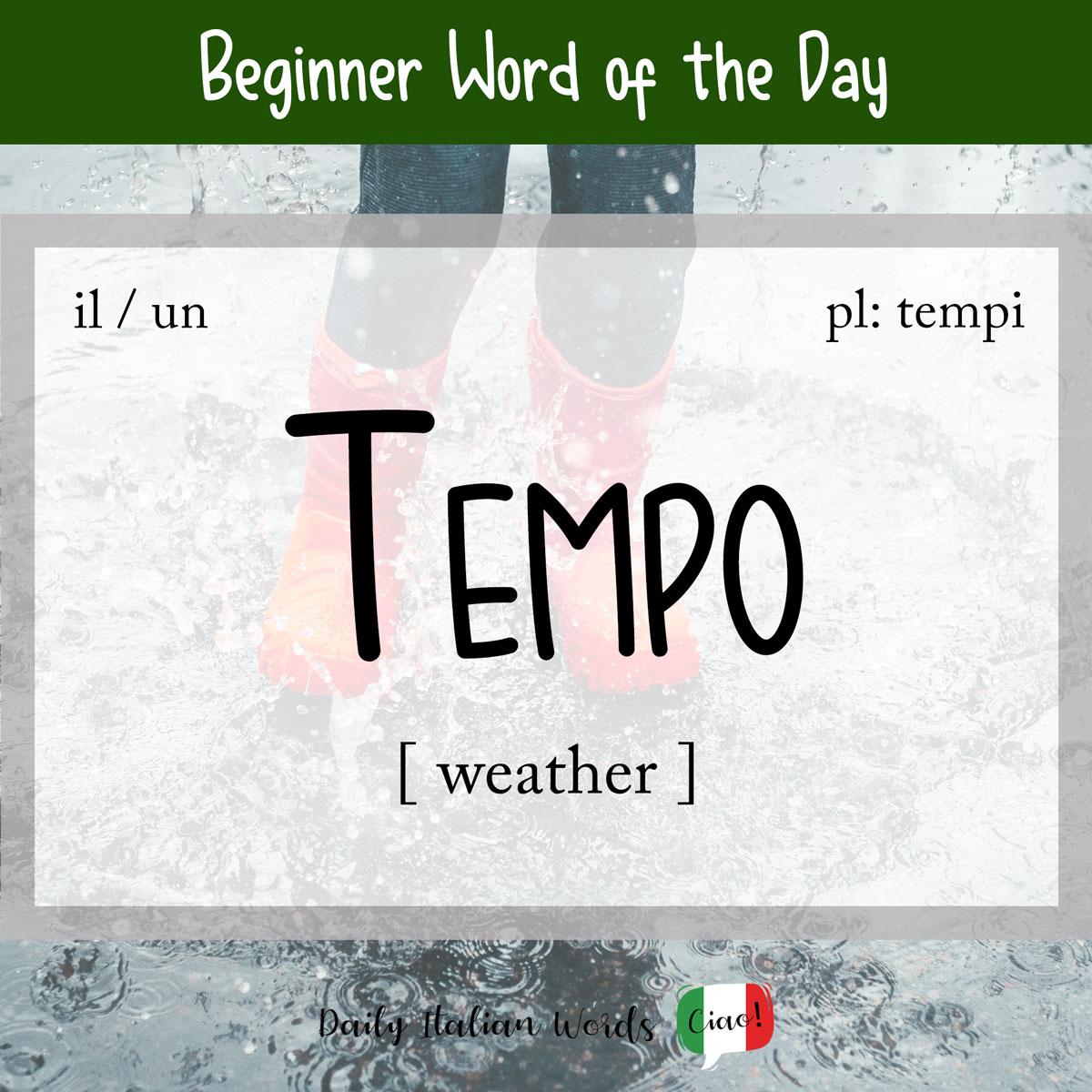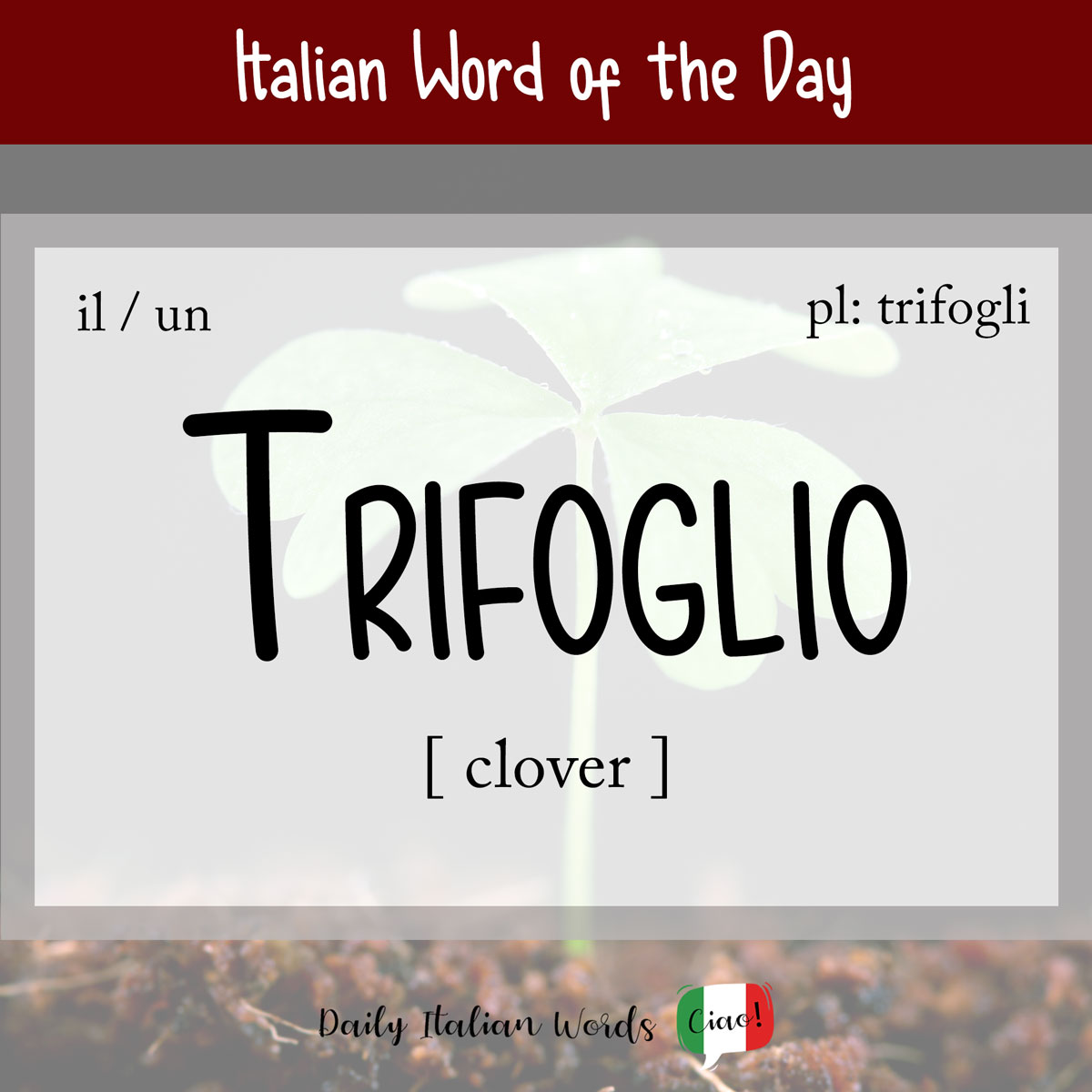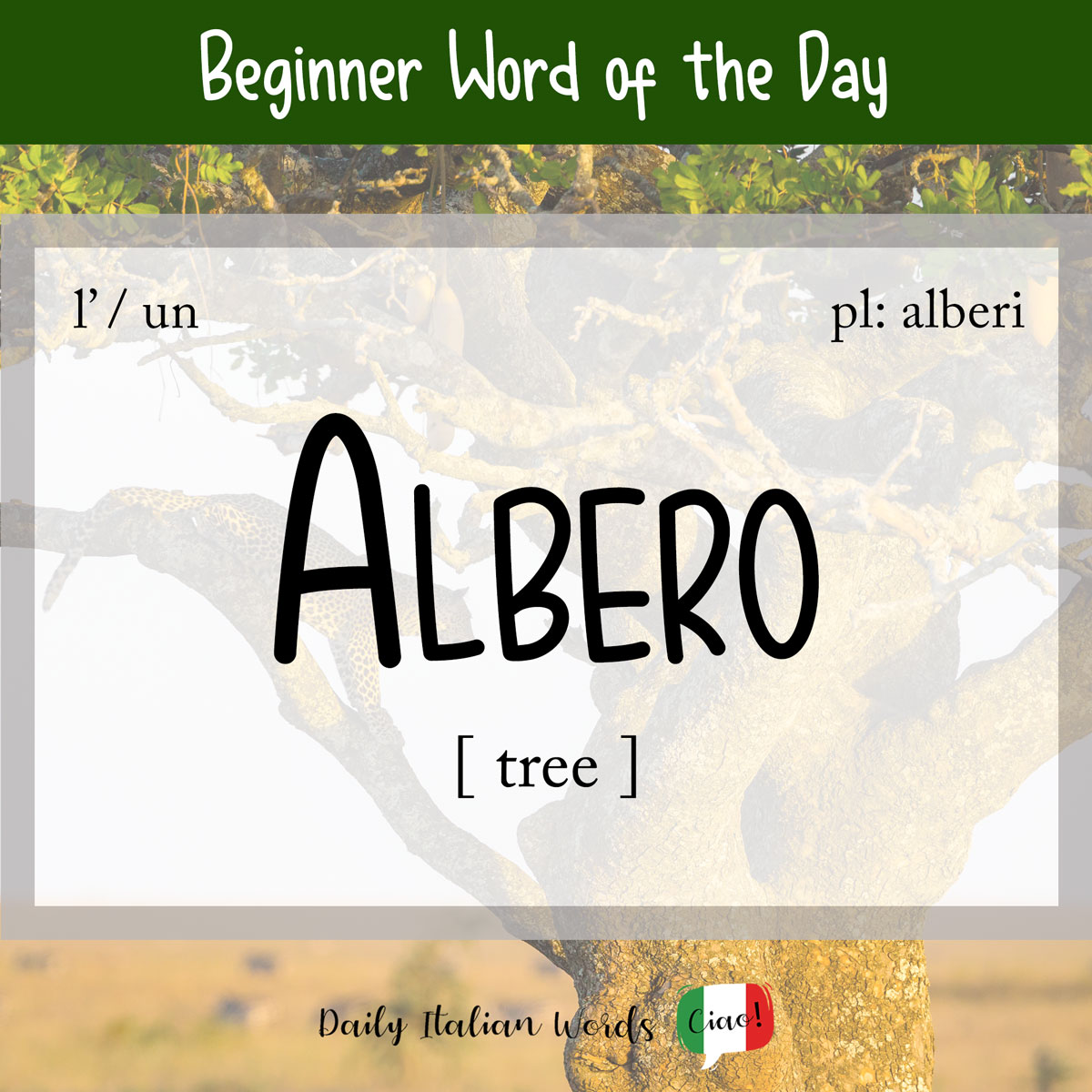Italian Word of the Day: Via Lattea (Milky Way)
The Milky Way, or Via Lattea as it is known in Italian, is the spiral galaxy (galassia) that we call home. An estimated diameter of 100,000 light years (anni luce), it contains the Sun (Sole) and the Solar System (Sistema Solare) in addition to at least 100 billion other stars (stelle), planets (pianeti), clusters (ammassi), …

